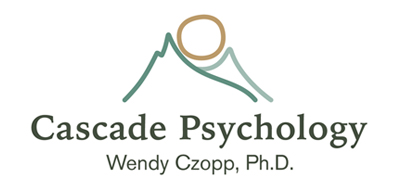Mental health evaluation:
- Therapy starts with an evaluation of your (or your child’s) current mental health. This will help me understand your main concerns and make recommendations for how to work together in therapy.
- In the first few sessions, I will ask a variety of questions to get to know you, your background, and your goals. It’s also a time for you to ask me questions and get to know more about how I work with clients.
- Allow 75 minutes for the first appointment. Subsequent appointments can be scheduled for 45 or 60 minutes.
- For clients under age 13, the parent(s) attend the first session alone. The child is asked to attend, starting with the second appointment.
- For clients 13-17 years old, the parent(s) and teen are both asked to attend the first session.
Psychotherapy:
- My work is primarily rooted in the behavioral aspect of Cognitive-Behavioral Therapy (CBT), Acceptance and Commitment Therapy (ACT), and self-compassion practices.
- If you choose to work with me, please know that I expect clients to practice strategies between sessions, which I call “home-practice.”
- We will establish goals and monitor progress toward those goals.
- Sessions are scheduled for 60 minutes. Most clients attend every 1-2 weeks for 3-12 months.
- For children 5-12, the parent and child attend sessions together.
- For adolescents 13-17, we decide together (during the evaluation phase), whether parent, teen, or both will attend sessions.
Parent Consultation:
- If I have conducted a mental health evaluation of your child or adolescent, we may agree to meet without your child present, to work on parenting skills and strategies to support your child’s mental health and progress toward therapy goals.
- If your child is not willing to participate in a mental health evaluation, but you are interested in parent consultation, please contact me to discuss options.
